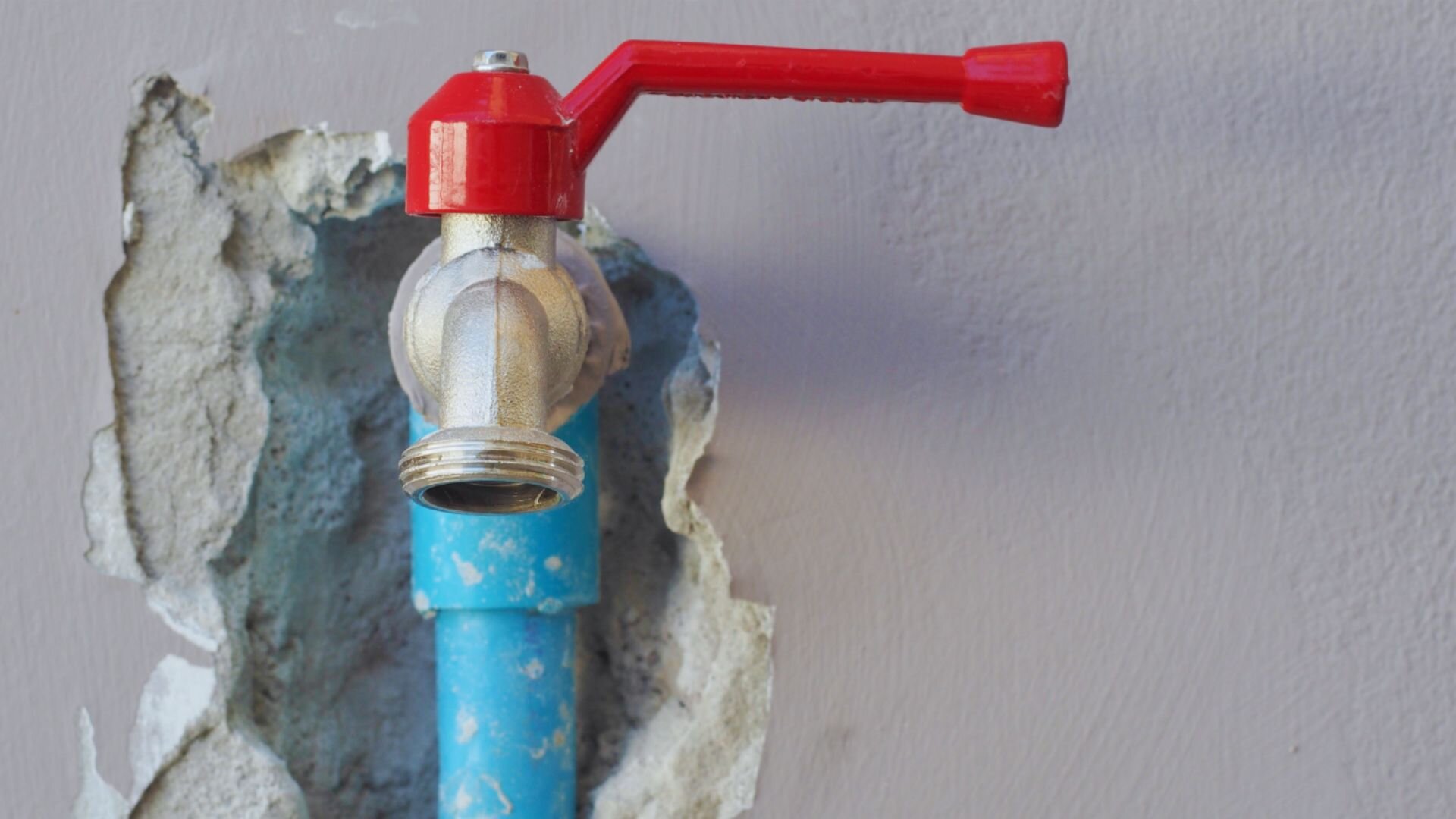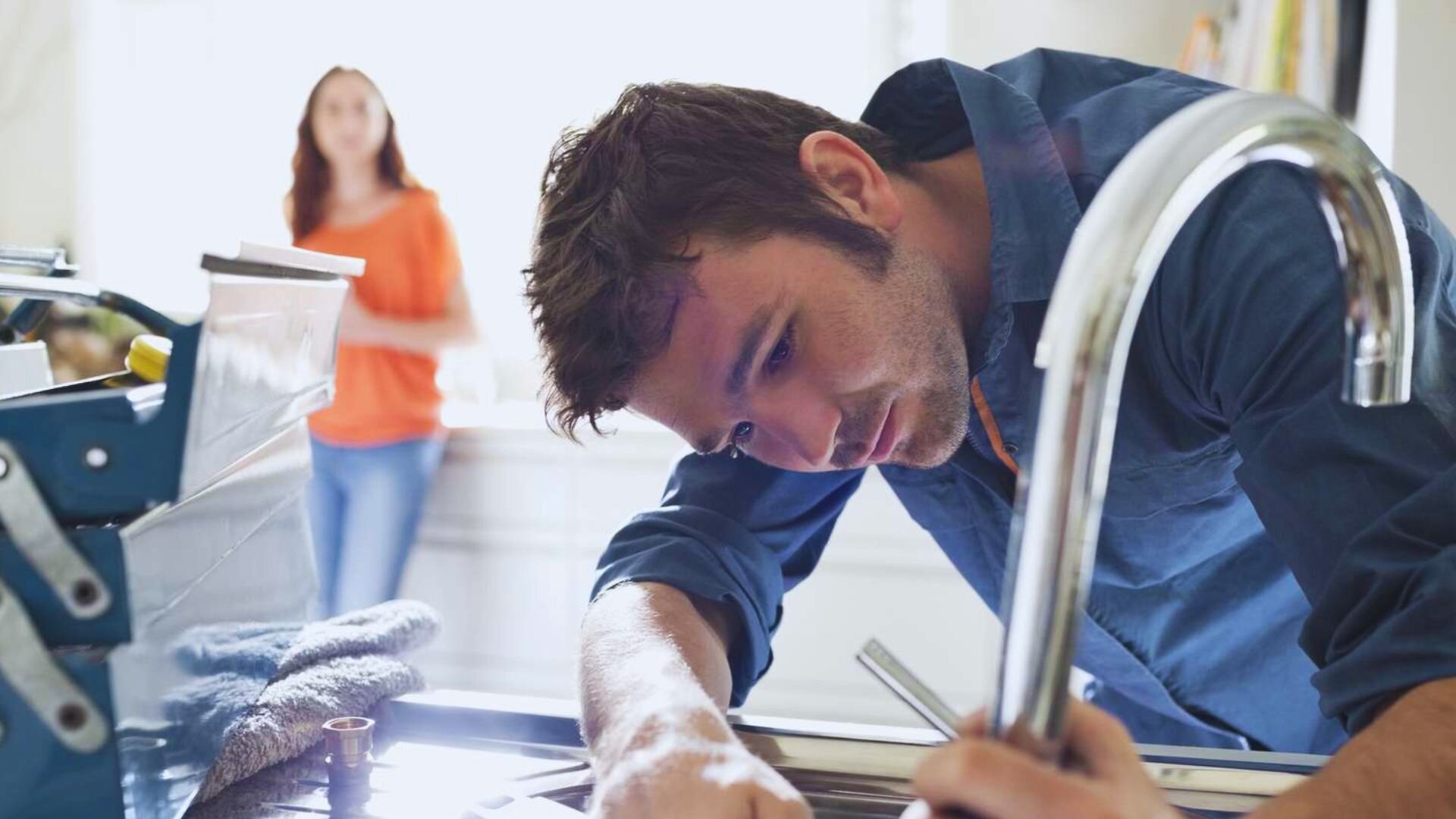Like many other resources, clean, usable water is becoming scarcer while its demand shoots up. Sydney, in particular, is beginning to feel the pinch of water shortages. That’s where sustainable plumbing comes in. It offers a handy way to save water and prevent wastage while adding some extra perks.
This brief guide looks at sustainable plumbing and how it can help reduce water scarcity in areas like Sydney.
What Is Sustainable Plumbing?
Sustainable plumbing involves integrating eco-friendly technologies, components, and practices into the installation and use of plumbing systems. This type of plumbing offers several benefits, such as water and energy conservation, cost-effectiveness, and waste reduction.
Climate change is making it trickier to access clean water, highlighting the growing need for eco-friendly plumbing practices. Luckily, solutions like green plumbing fixtures and water-efficient systems are on hand to curb water wastage.
Plenty of options offer extra perks, benefitting not just households but entire communities. These include making homes energy-efficient, reducing reliance on traditional sources, and improving waste management. Innovations like modern water heating systems, PEX pipes for boosting water pressure and efficiency, and overall plumbing infrastructure improvements keep water conservation in mind.
Sustainable Plumbing Technologies

Those interested in adopting sustainable plumbing technologies can utilise smart toilets, energy-efficient washing machines, dishwashers, tankless water heaters, and more. Solar thermal heaters and high-efficiency shower heads are also excellent ways of utilising sustainable technologies for plumbing.
Water-efficient or low-flow toilets can help reduce toilet water use by 20 to 60%. Such toilets only use 1.28 gallons of water per flush and can help save as much as 13,000 gallons of water every day.
While some technologies, like tankless water heaters and energy-saving washing machines, can be DIY projects, others will require a plumber. Installations usually don’t drag on for long. Depending on what you’re installing, whether a toilet or solar thermal heater, costs can range from $200 to $1,000.
Sustainable Plumbing Practices
To promote sustainability in plumbing, you can adopt several practices in everyday life. One of these is using more efficient technologies, such as the ones mentioned above.
Greywater recycling systems can help promote sustainable water use. This refers to water that has not come into contact with human waste and is not as contaminated as black water or sewage. Such systems can help save up to 40,000 gallons of water annually since they allow water to be reused, reducing freshwater usage.
In addition, check for leaks and breaks in your piping system and get them repaired. If repairs are impossible, opt for leak-free and properly insulated plumbing systems. Leaks also result in significant water wastage every year. Additionally, when using greywater recycling systems, use environment-friendly shampoos and soaps.
When mild soaps and shampoos are mixed with runoff water, they are less likely to damage the soil and plants than products containing harsh chemicals.
Finding A Sustainable Plumber

Finding a plumber specialising in sustainable technologies and systems requires effort and time. When deciding which plumber to choose, first find out what type of systems and fixtures they deal with. Sustainable plumbers will only use green plumbing technologies.
Additionally, they are familiar with the latest plumbing fixtures, such as high-efficiency faucets, showerheads, and toilets and can recommend which ones to install. They even undertake plumbing installations and repairs while ensuring there is minimal impact on the environment.
Opting for a plumber skilled in sustainable technology is crucial because many aren’t clued into the available solutions. Theseexperts ensure plumbing setups consume minimal energy and water, offering significant savings.
Government Incentives And Programs
One of the most well-known government initiatives to promote sustainability in the Sydney area is the Building Sustainability Index (BASIX). It requires developers to comply with specific regulations when building or renovating a structure and installing a spa or pool with a capacity of over 40,000 litres.
Another program is the Construction Plastics Recycling Scheme, funded by the Queensland Government. This scheme aims to spread information about recycling PVC pipes in the plumbing industry.
Understanding The Importance Of Sustainable Plumbing
With more and more parts of the world facing a water crisis, the need for adopting sustainable plumbing has never been greater. Sustainable plumbing can help reduce water consumption and wastage while offering additional benefits, such as more efficient use of resources.
Luckily, you’ve got several ways to bring sustainable plumbing into your home. Try installing grey water recycling systems, high-efficiency toilets, showerheads, or faucets, or perhaps go for broader green plumbing solutions.
If you plan on adopting sustainable plumbing, talk to our Sydney plumbers at Fixed Today. We can help you reduce water waste, save money on your bills and become more eco-friendly.
FAQs
1. How can sustainable plumbing help save money?
Sustainable plumbing technologies reduce water consumption and wastage, helping reduce your water bill. In addition, technologies like tankless water heaters require less power to heat the water, which reduces energy consumption and helps lower energy bills.
2. Do sustainable plumbing technologies last longer?
Sustainable plumbing technologies usually last longer than traditional ones and deliver a better experience. For instance, low-flow toilets can easily last up to 30 years, but this often depends on how the fixtures are used.
3. What should you avoid putting in a greywater recycling system?
Avoid disinfectants and bleaches in your greywater recycling system since these can kill soil bacteria and harm plants. Similarly, avoid using harsh chemicals that can enter the system, such as paint products or hair dyes.
4. What is green plumbing?
Green plumbing is a component of sustainable plumbing that involves using energy-saving fixtures, appliances and eco-friendly technologies to minimise environmental impact. These technologies and practices often offer the added advantage of lowering energy use.
5. Can black water be recycled as part of sustainable plumbing?
Black water or sewage contains human waste and is unsuitable for consumption. However, it can be recycled and reused in other ways, such as watering your garden or flushing toilets.














